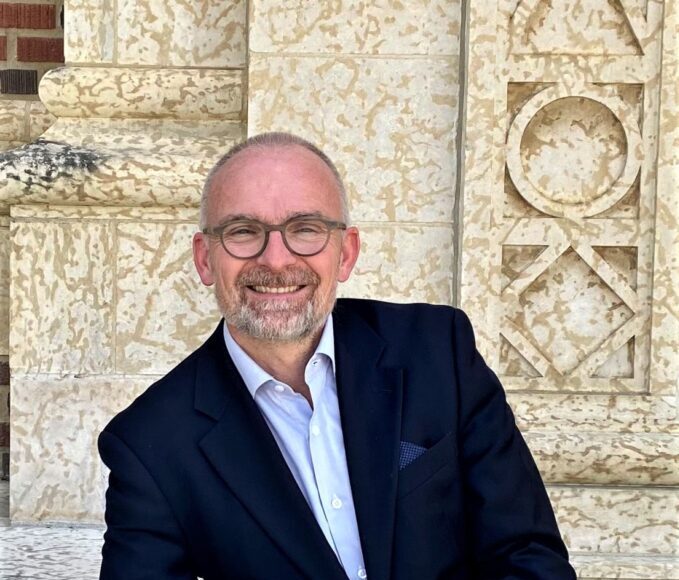Keynote speakers
We are thrilled to announce our confirmed keynote speakers.
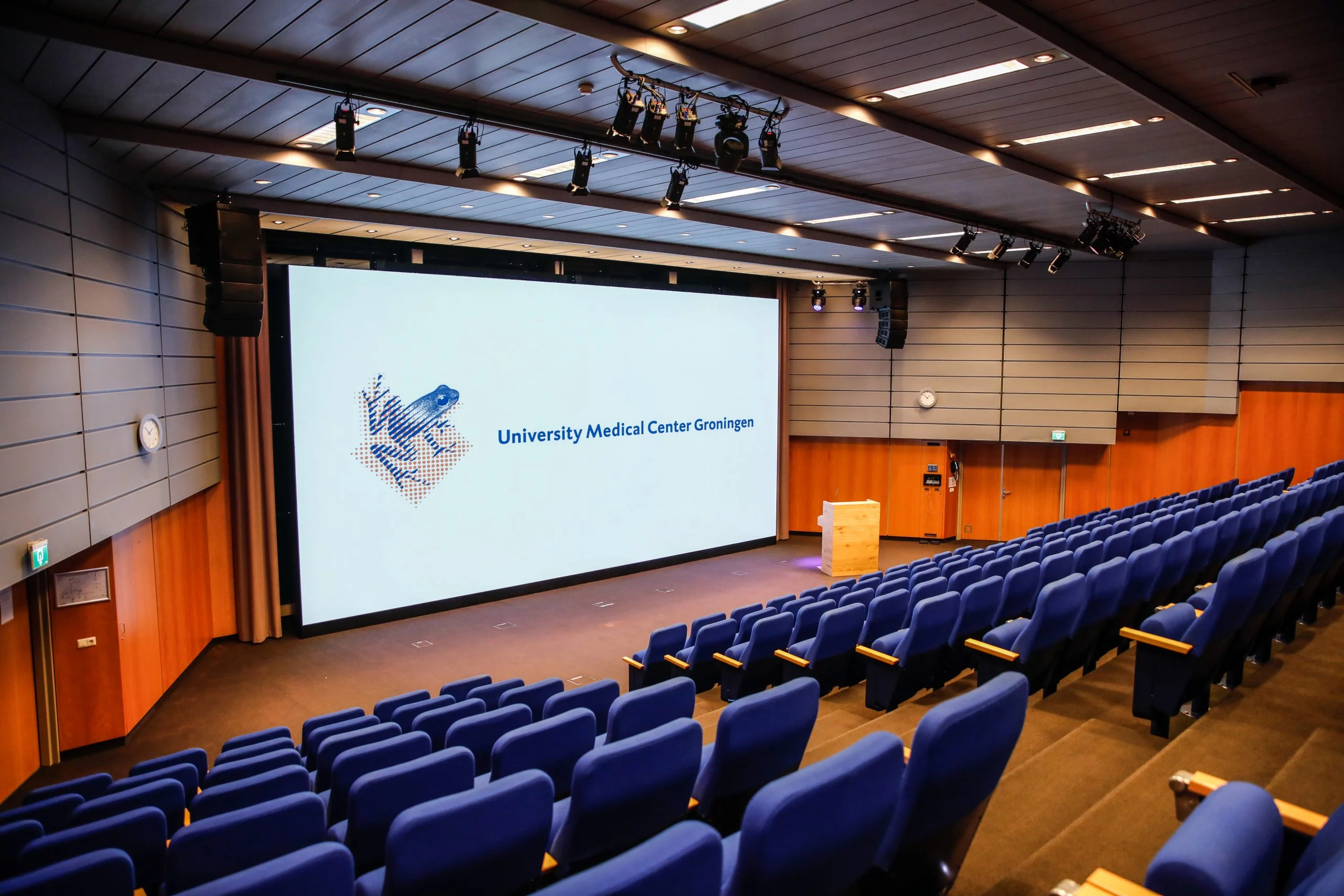
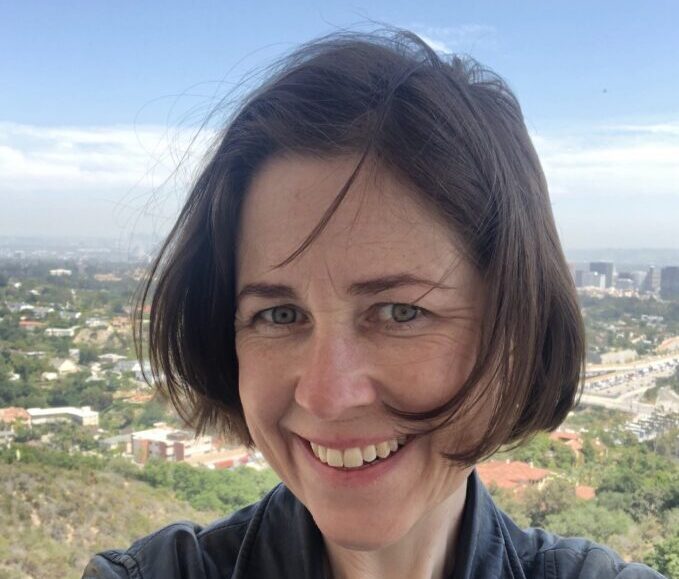
Zillah Watson is an Emmy-nominated creative leader, who led the BBC’s award-winning VR studio. She’s an expert in the commissioning, creation and distribution of VR and AR and consults for organisations including the BBC, BFI and the Royal Shakespeare Company. She recently founded Phase Space, a start-up focused on using VR to bring a step change in mental health support, working in partnership with St George’s, University of London and Goldsmiths, University of London. She led research on the impact of VR storytelling with Professor Mel Slater at the BBC, and was a visiting fellow at the Reuter’s Journalism Institute, University of Oxford, where she authored “VR for News: A New Reality.”
Dr. Sofia Seinfeld is an associate professor at the Universitat Oberta de Catalunya (UOC). Previously, she worked at the Polytechnic University of Catalonia (UPC) and the University of Bayreuth. She earned her Ph.D. from the University of Barcelona (IDIBAPS), studying the use of embodiment in VR to tackle problems such as domestic violence, racism, and phobias. Her research focuses on improving psychological therapy and education through emerging technologies.
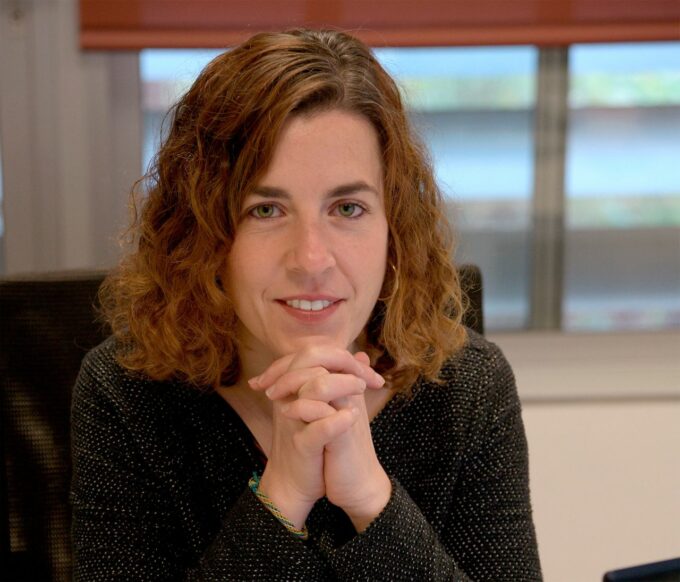
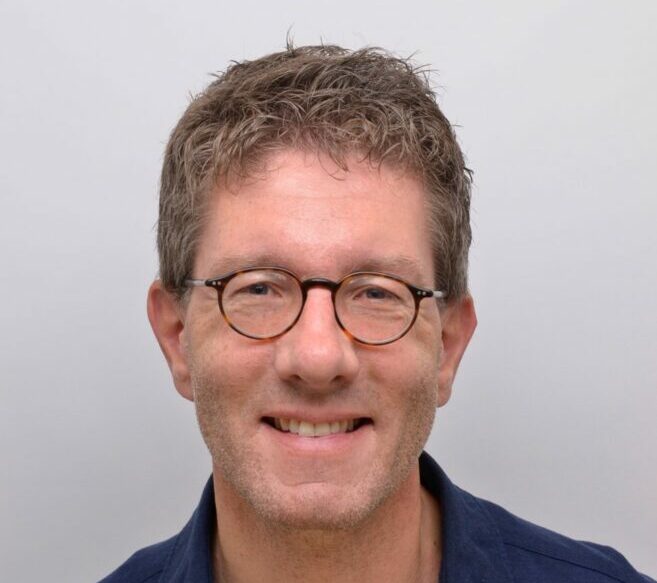
Prof. Wim Veling is a psychiatrist and professor of Psychiatry at University Medical Center Groningen (UMCG). He is head of the UMCG VR Mental Health lab, a research group developing and investigating VR applications for psychiatric problems. He was among the first to use VR in psychosis research and co-led the first randomized controlled trial of VR cognitive behavioral therapy (CBT) for paranoid delusions. He co-founded VRelax, a VR relaxation company. Ongoing VR psychosis studies focus on diagnostic assessments, (cost)-effectiveness of VR CBT, avatar therapy for voice-hearing, stress reduction, and modular psychological treatment for improving social functioning. Other VR work of his group includes interventions for aggression, depression, social anxiety and autism, always in close collaboration with VR companies, clinicians and people with lived experience of psychiatric problems.
Stéphane Bouchard was chairholder for 20 years of the Canada Research Chair in Clinical Cyberpsychololgy and teaches cyberpsychology and psychotherapy at the Université du Québec en Outaouais. As a scientist-practitioner, his research shows a dedicated attention towards conducting both meaningful clinical applications of cyberpsychology and rigorous science to treat anxiety and other mental disorders. Since 1999, his research projects involve developing virtual environments to treat complex anxiety disorders and pathological gambling, leading randomized control trials on the efficacy of in virtuo exposure for mental disorders (anxiety, addictions, etc.), and conducting experimental studies to understand to why virtual reality is an effective treatment tool.
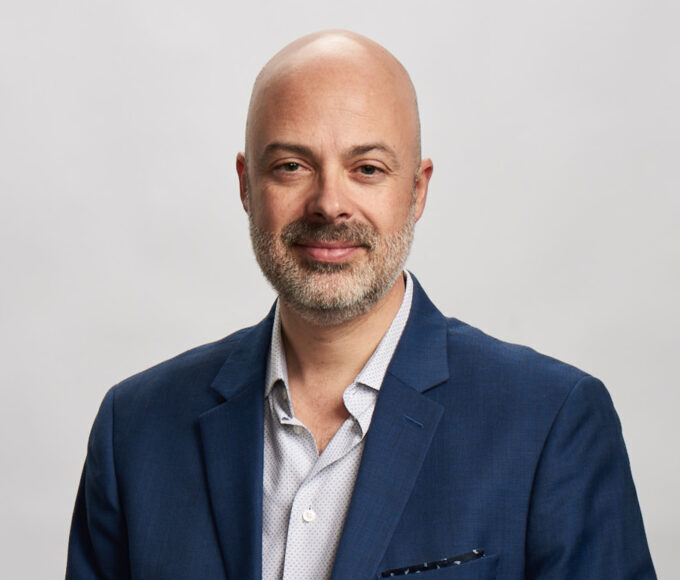
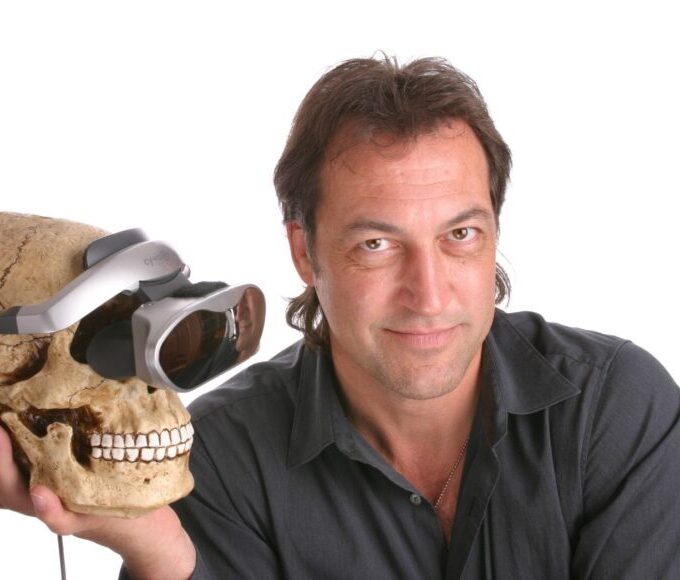
Prof. Albert “Skip” Rizzo, PhD, is a clinical psychologist and Director of Medical Virtual Reality at the University of Southern California Institute for Creative Technologies. He is also a Research Professor with the USC Dept. of Psychiatry and at the USC Davis School of Gerontology. Over the last 25 years, Skip has conducted research on the design, development and evaluation of Virtual Reality systems targeting the areas of clinical assessment, treatment and rehabilitation across the domains of psychological, cognitive and motor functioning in both healthy and clinical populations. This work has focused on PTSD, TBI, Autism, ADHD, Alzheimer’s disease, stroke and other clinical conditions.
Prof. Eric Vermetten, MD, PhD, is a clinical psychiatrist working with veterans and other uniformed officers as Strategic Advisor (COL) of Research at the Military Mental Health Service with the Dutch Ministry of Defense and ARQ National Psychotrauma Center. He holds an endowed chair in Psychiatry at the Department Psychiatry at Leiden UMC. He also has an Adjunct Professorship at the Department Psychiatry of New York UMC. He is trained in the Netherlands as well as in the USA in psychiatry and neuroscience (Stanford, Yale and Emory University). He has clinical as well as a research positions with a focus on medical/biological as well as psychiatric aspects of complex psychotrauma in military as well as civilian populations.
